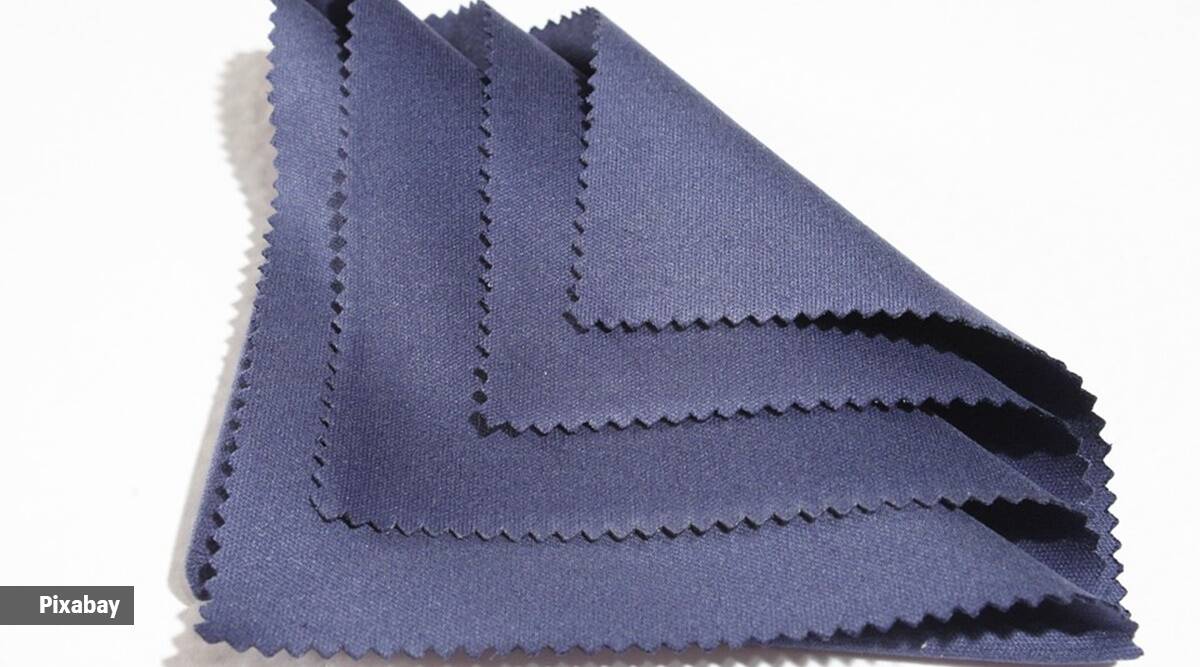Bio-based polyester is a material made from renewable sources, such as plants, that can be used as an alternative to traditional, petroleum-based polyester. Using renewable resources to create polyester reduces our reliance on fossil fuels, which is better for the environment. In addition, bio-based polyester can be biodegradable, which means it can break down naturally in the environment, unlike traditional polyester.

One of the most promising methods for creating bio-based polyester is through the use of bacteria. Scientists have discovered a strain of bacteria that can produce a biodegradable polyester called polyhydroxyalkanoate (PHA). PHA is produced by the bacteria as a way to store carbon and energy, and it has similar properties to traditional polyester. Researchers are now exploring ways to harness the power of these bacteria to mass-produce bio-based polyester.
Another approach to creating bio-based polyester is through the use of plant-based materials. Sugarcane, for example, can be used to create bio-based polyester. Sugarcane is a renewable resource, and it requires less water and pesticides than other crops, making it a more sustainable option. Using sugarcane to create polyester reduces our reliance on petroleum, which is a finite resource.
Bio-based polyester is not only better for the environment, but it also has the potential to create new industries and jobs. A report from the Ellen MacArthur Foundation suggests that the bio-based materials industry could create up to 1.7 million new jobs by 2030, while also reducing our reliance on fossil fuels.
In addition to its potential as an eco-friendly alternative to traditional polyester, bio-based polyester also has applications in other industries. For example, it can be used to create biodegradable packaging materials, which can help reduce plastic waste. It can also be used to create medical implants that are biodegradable and safer for the environment.
In conclusion, the development of bio-based polyester has the potential to revolutionize the fashion industry and reduce our impact on the environment. By using renewable resources to create polyester, we can reduce our reliance on petroleum and create a more sustainable future. With continued research and development, we may soon see bio-based polyester becoming the norm in the fashion industry and beyond.